Nuclear tests can enable more accurate age determination of Baltic fish
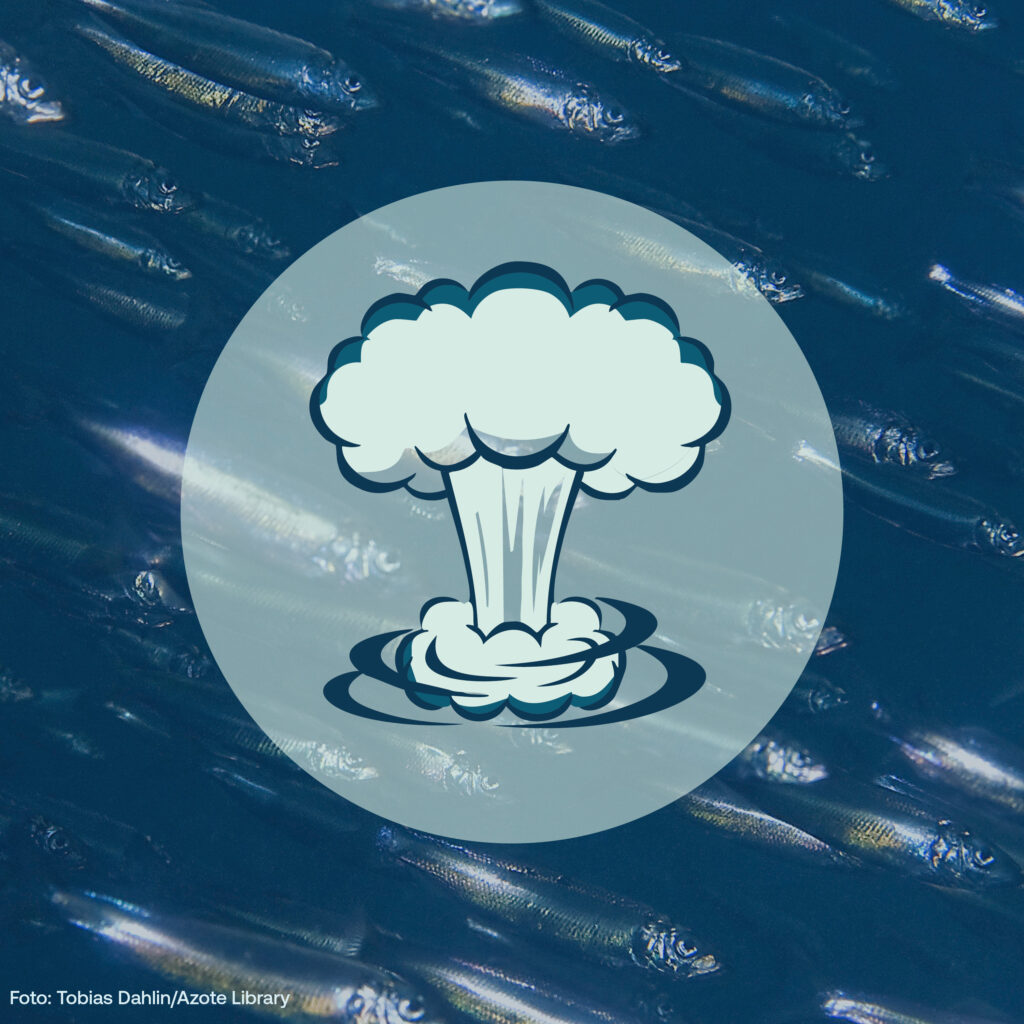
More precise age determination of fish is essential for sustainable fisheries management. In a BalticWaters-funded project, scientists have established a more reliable method – in which atomic bombs play an unexpected role.
Other countries have successfully rebuilt depleted fish stocks. Why can’t we?
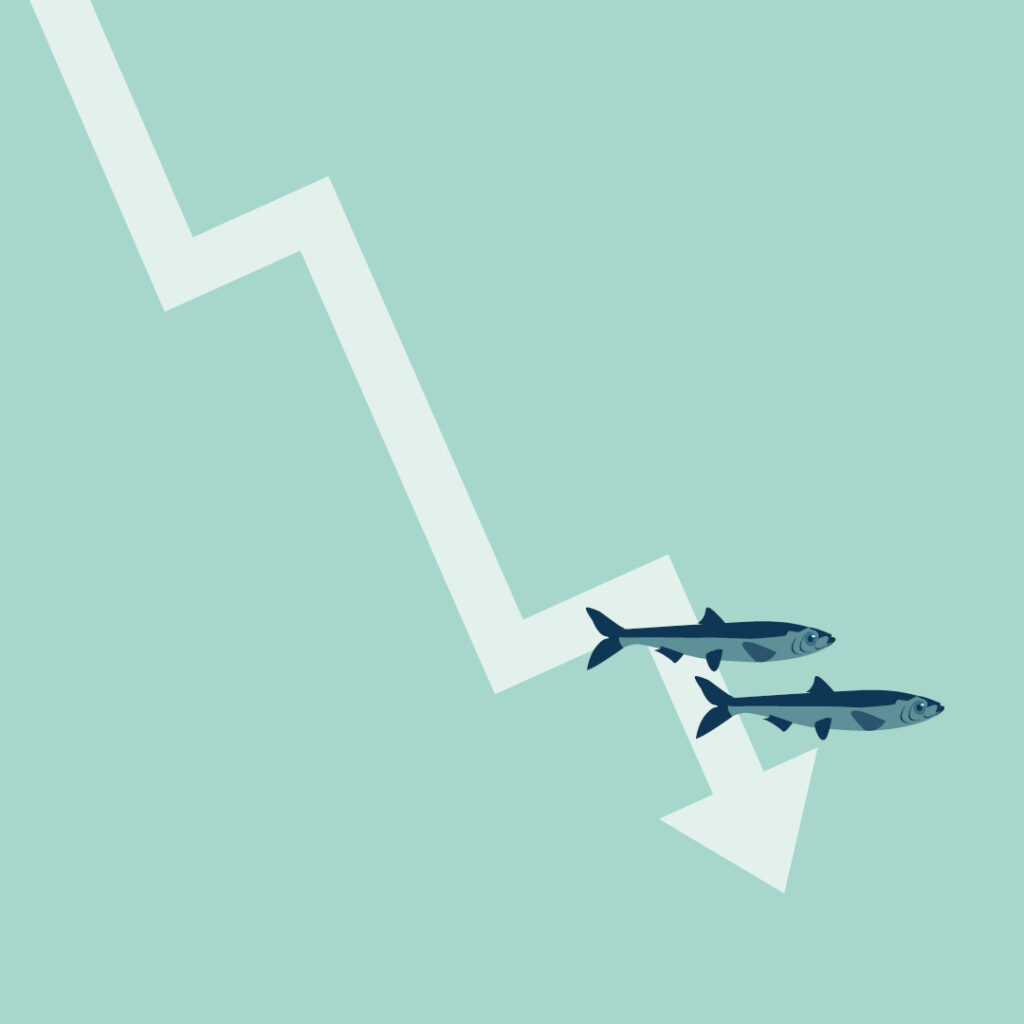
Things look bleak for fish in the Baltic Sea, but international examples show that it is possible to reverse the trend. This would not only be good for the Baltic Sea, but would also contribute to Sweden’s national treasury and food security already in ten years.
Is the Baltic Sea the world’s most polluted sea?
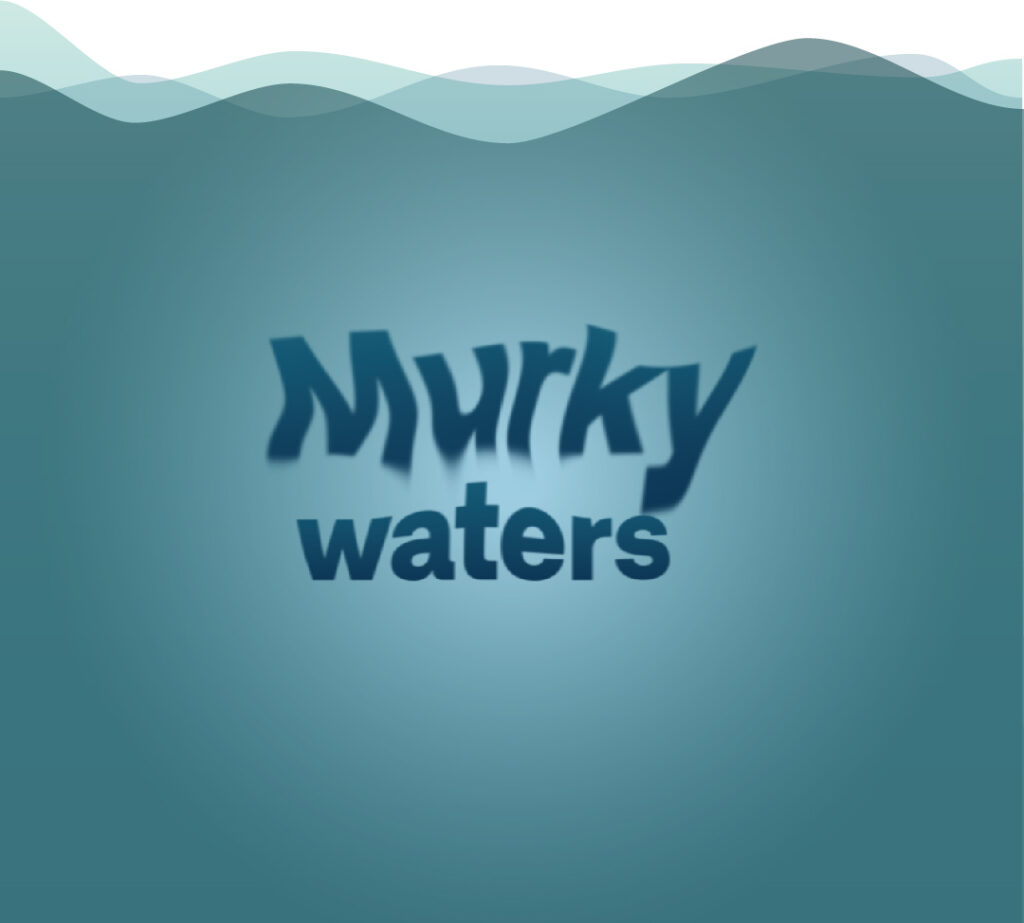
The Baltic Sea is often referred to as the world’s most polluted sea – but is that really true? We delve into the claim and explain why it’s difficult to confirm with certainty.
Project will increase knowledge of the Baltic Herring’s diversity
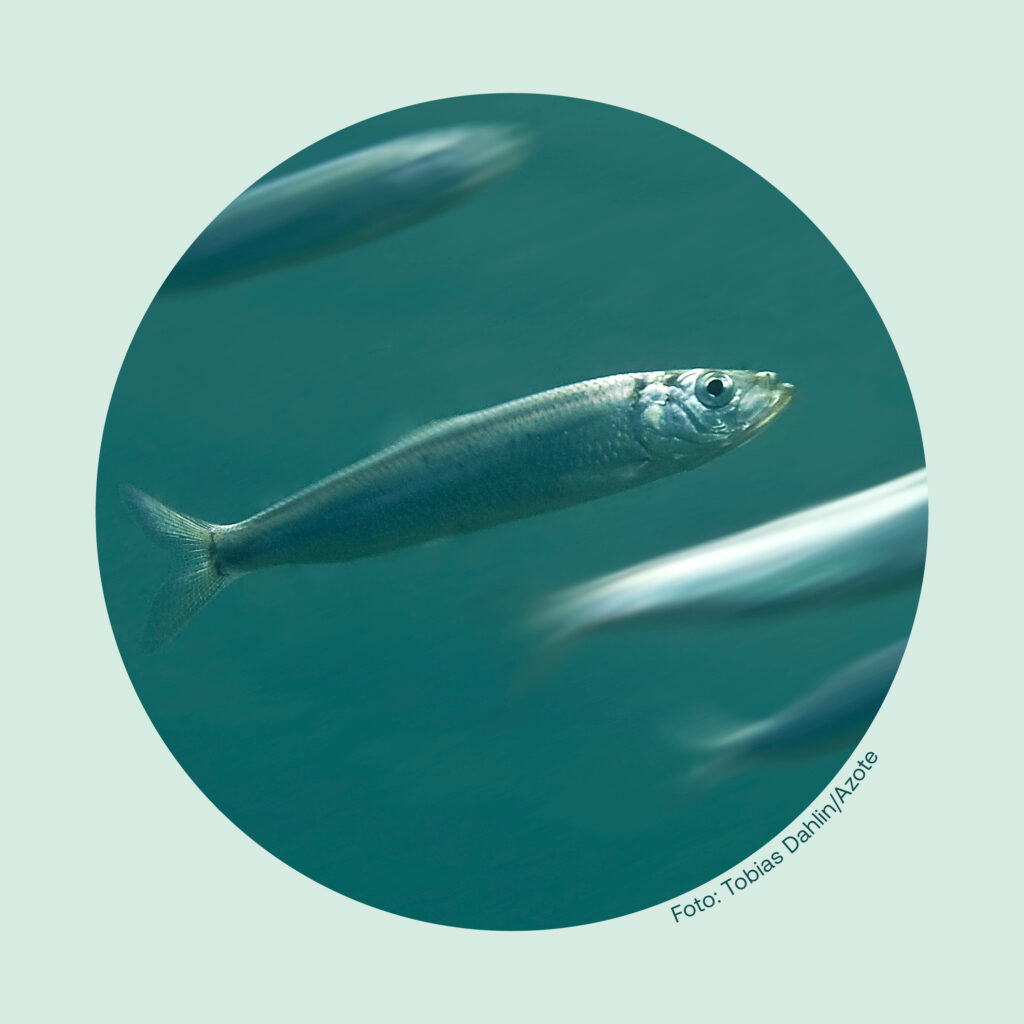
Key differences between herring populations are largely unknown – but that could soon change. Monika Winder is working on an exciting project that could solve some of herring’s unsolved mysteries.
New fast-growing herring discovered – what does it mean for the Baltic Sea?
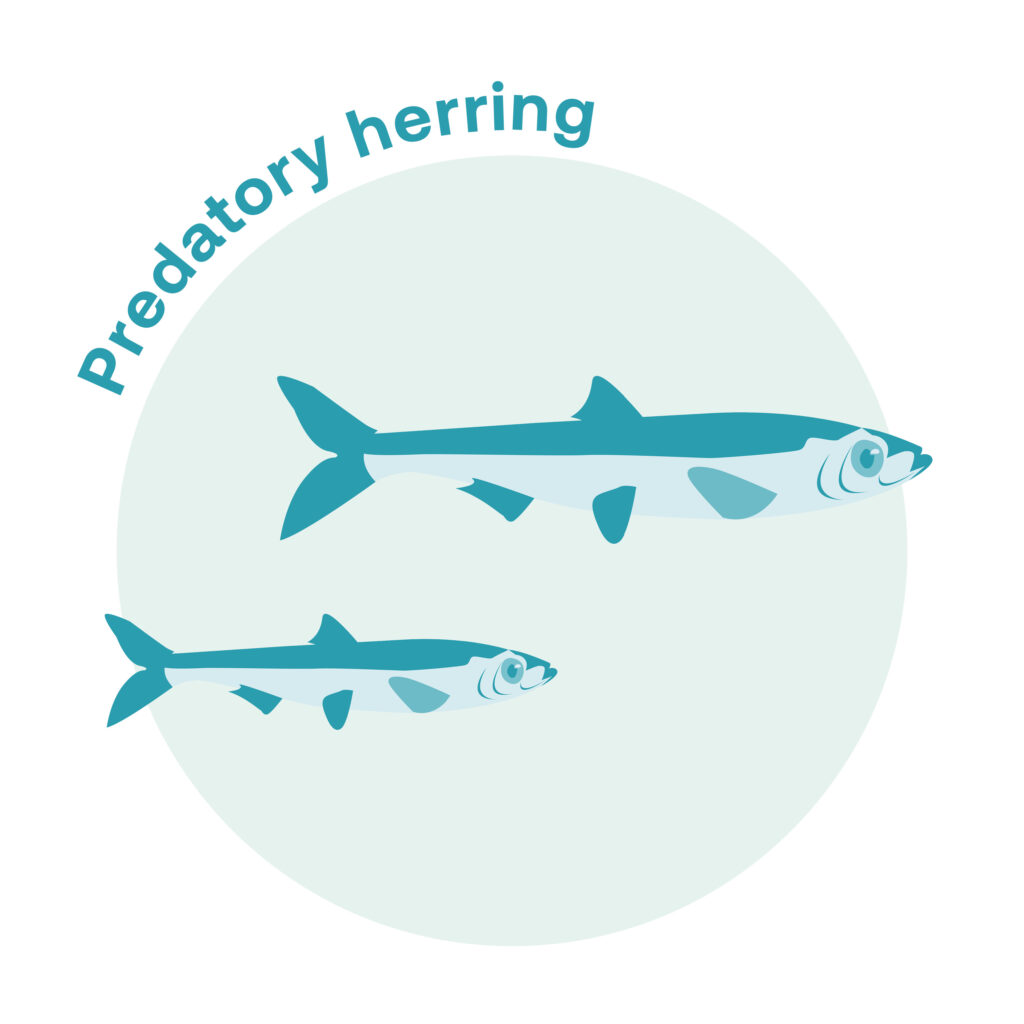
Scientists have discovered a new species of Baltic herring. According to Leif Andersson, one of the researchers behind the study, the discovery could have a major impact on herring management.
Report: International role models lead the way towards sustainable fish stocks in the Baltic Sea
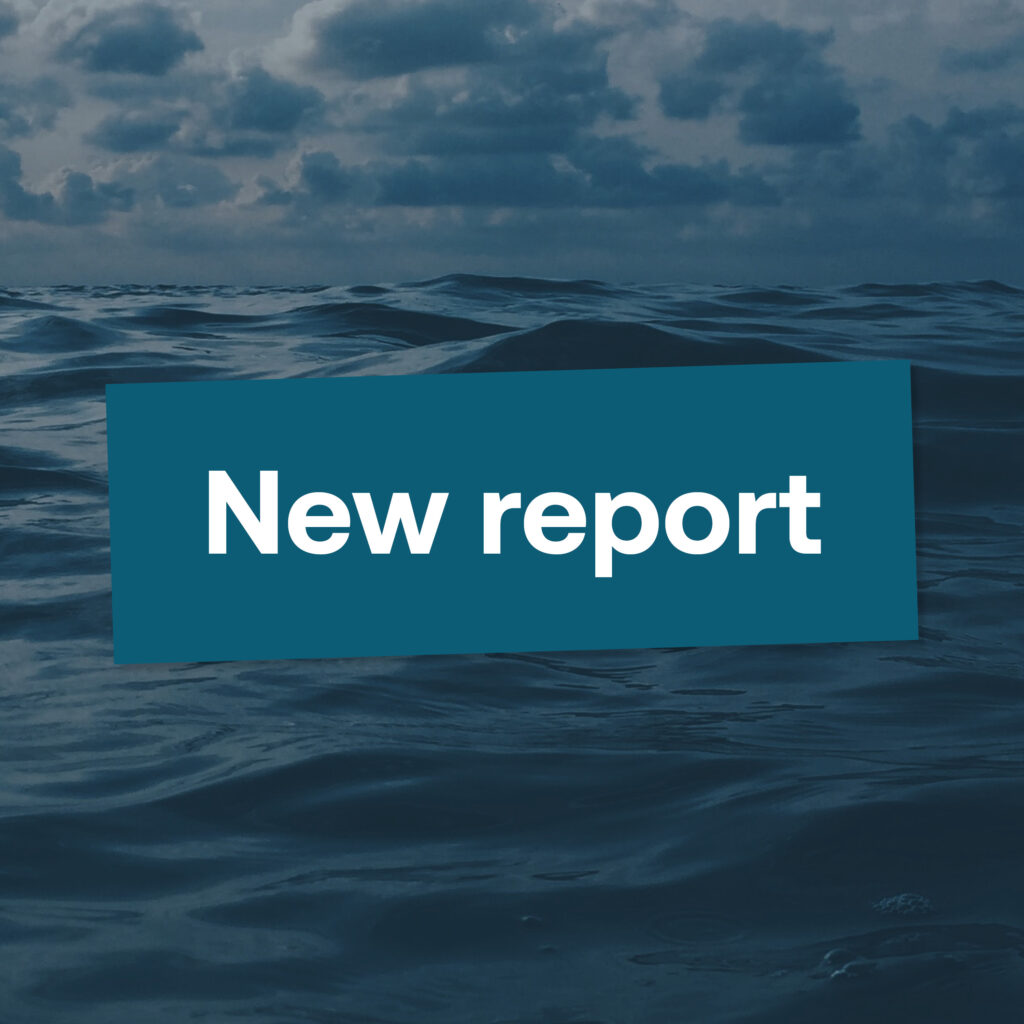
International examples and research show that it is entirely possible to rebuild Baltic Sea fish stocks. But also that it would be socio-economically profitable – for everyone.
Policy document: Maritime tourism on the Baltic Sea’s terms
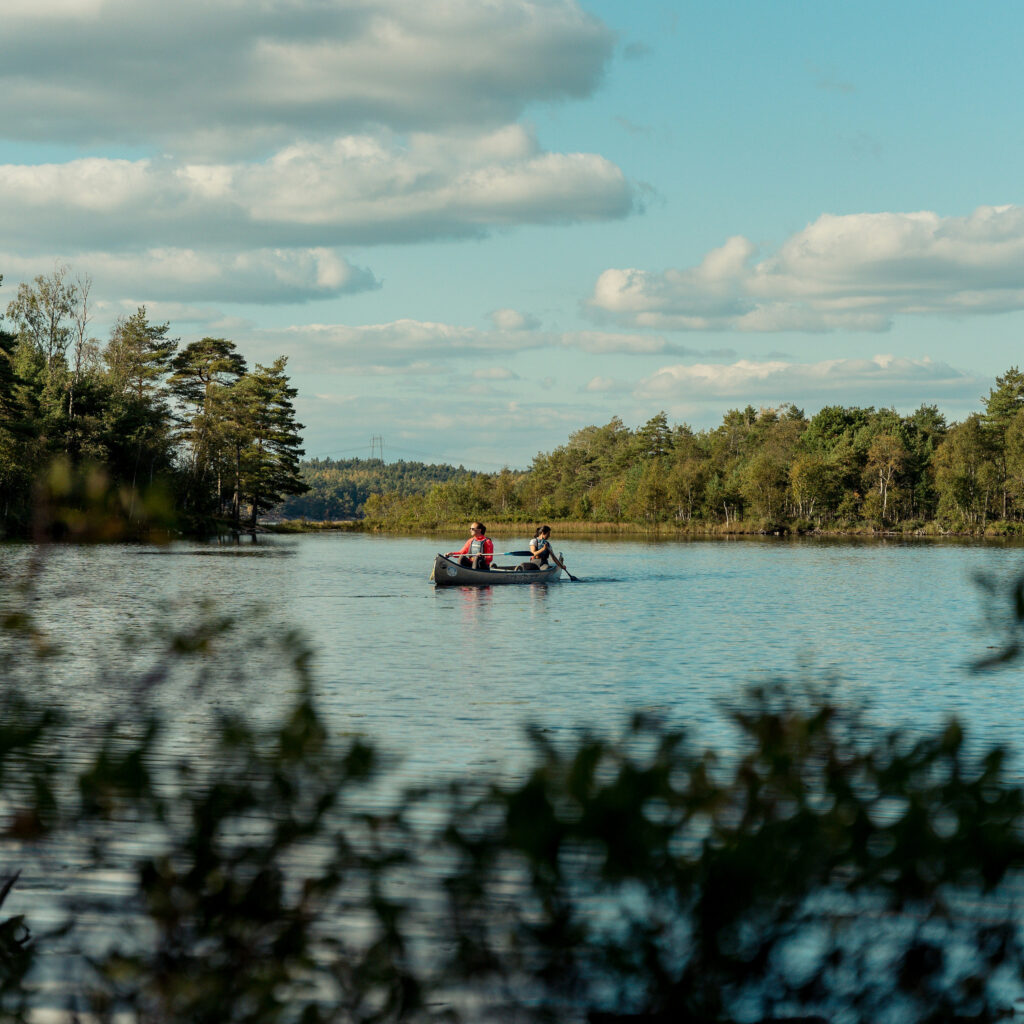
Tourism is the largest economic maritime industry in the Baltic Sea – it contributes to government revenues and is important for thriving coastal communities. However, the poor environmental status of the inland sea risks becoming a brake on this development. If we do not take care of our sea and coastal areas, we risk a […]
Another year for a living Baltic Sea
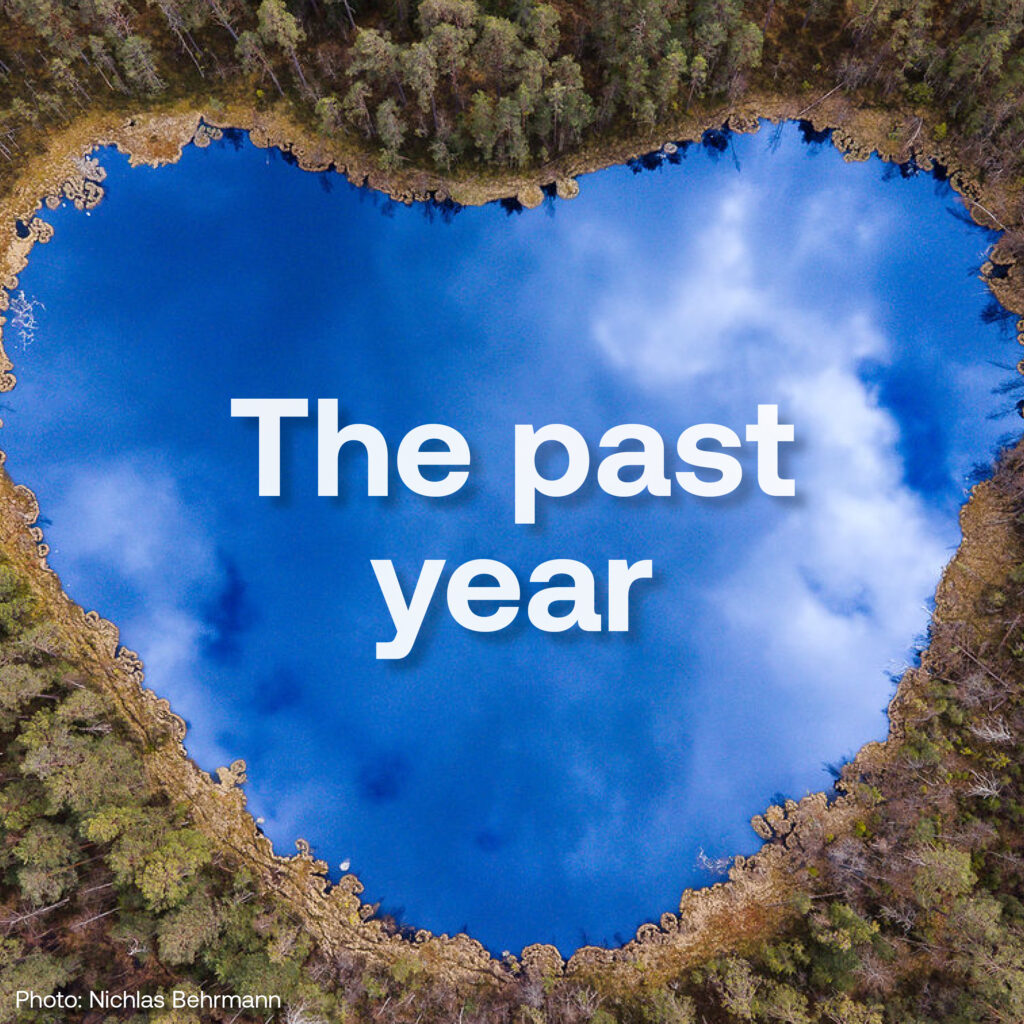
With a new year ahead of us, we look back on the foundation’s work in 2024. The year has been filled with both hope and disappointment, but the work for a living Baltic Sea continues unabated.
New projects for a living sea
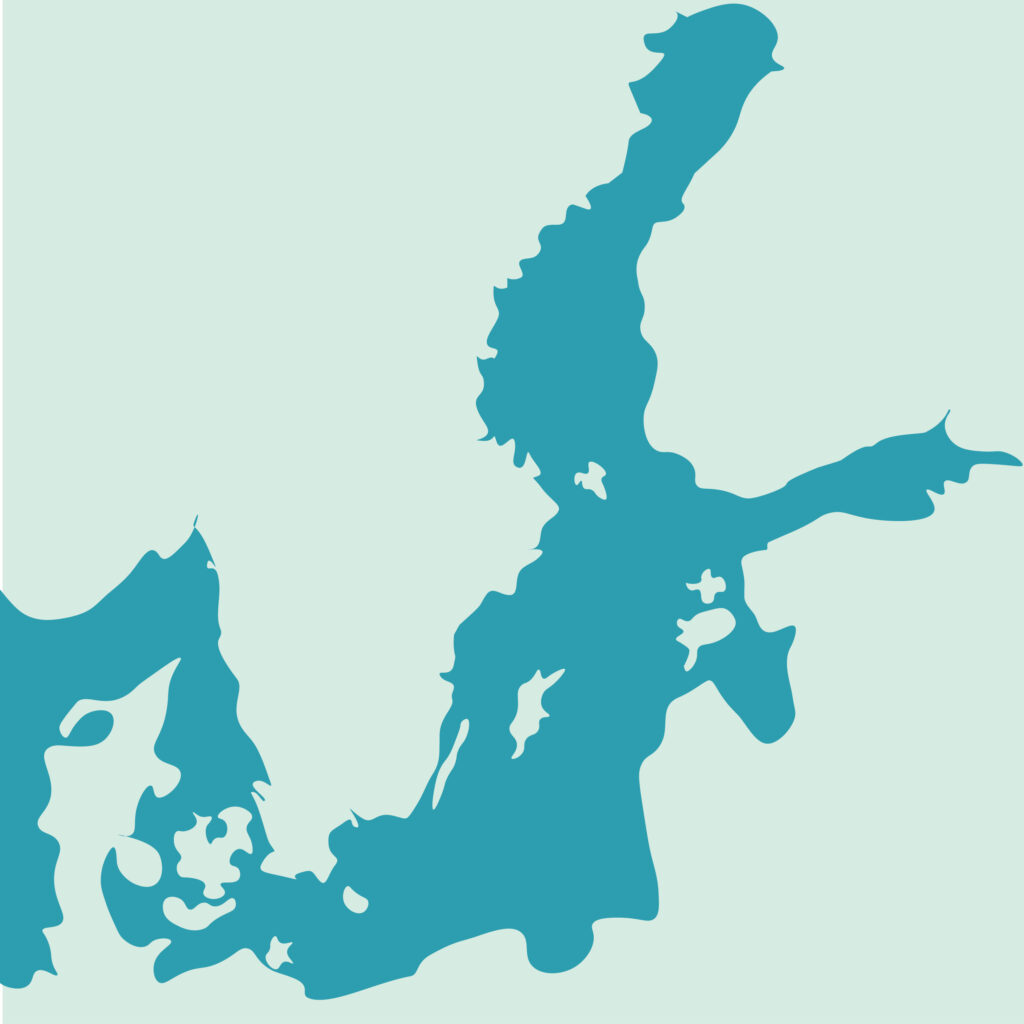
Each year, the Foundation awards grants to research projects with the potential to contribute to a living Baltic Sea. This year, around SEK 4 million is distributed to four projects.
Deep dive: Ocean literacy supports well-informed decision-making about the Baltic Sea
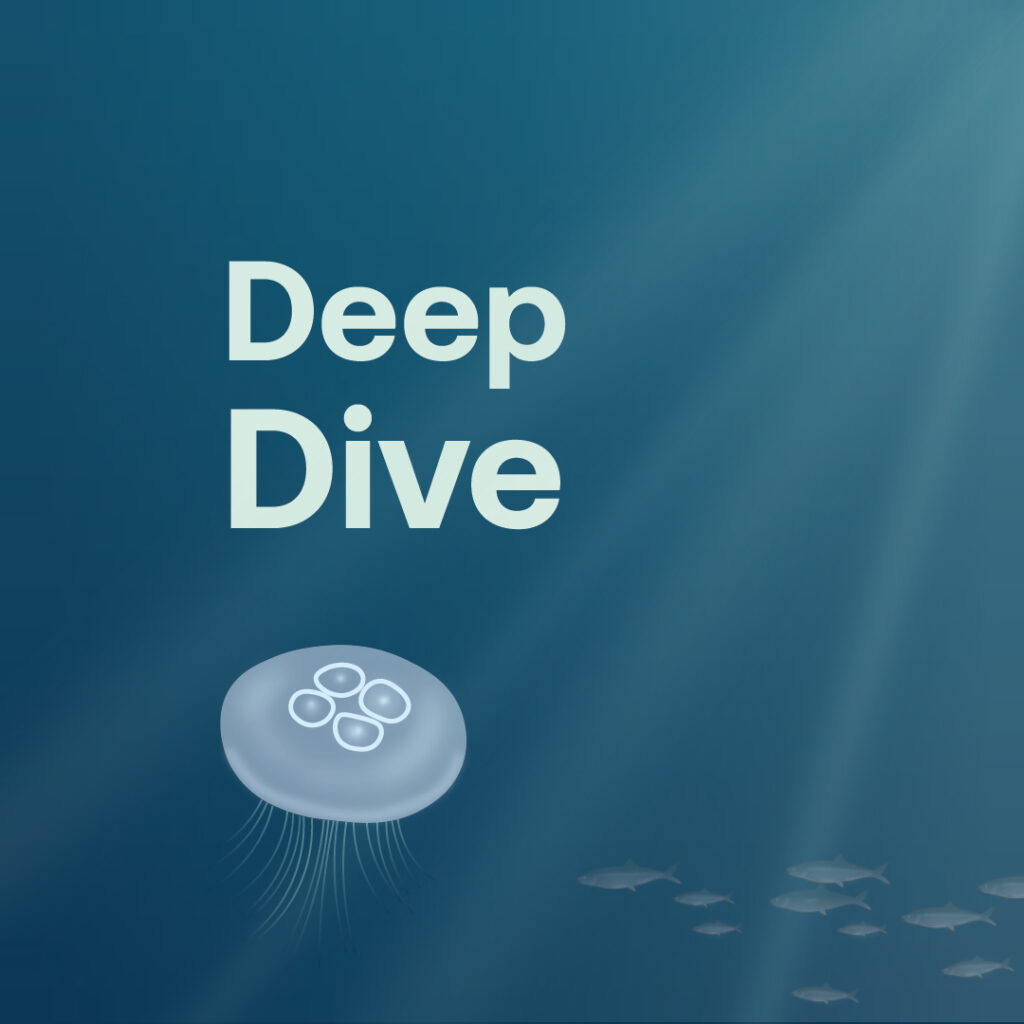
Most of us are not aware of how we affect the ocean and how the ocean affects us. Why is this the case? And how can we improve our awareness?
